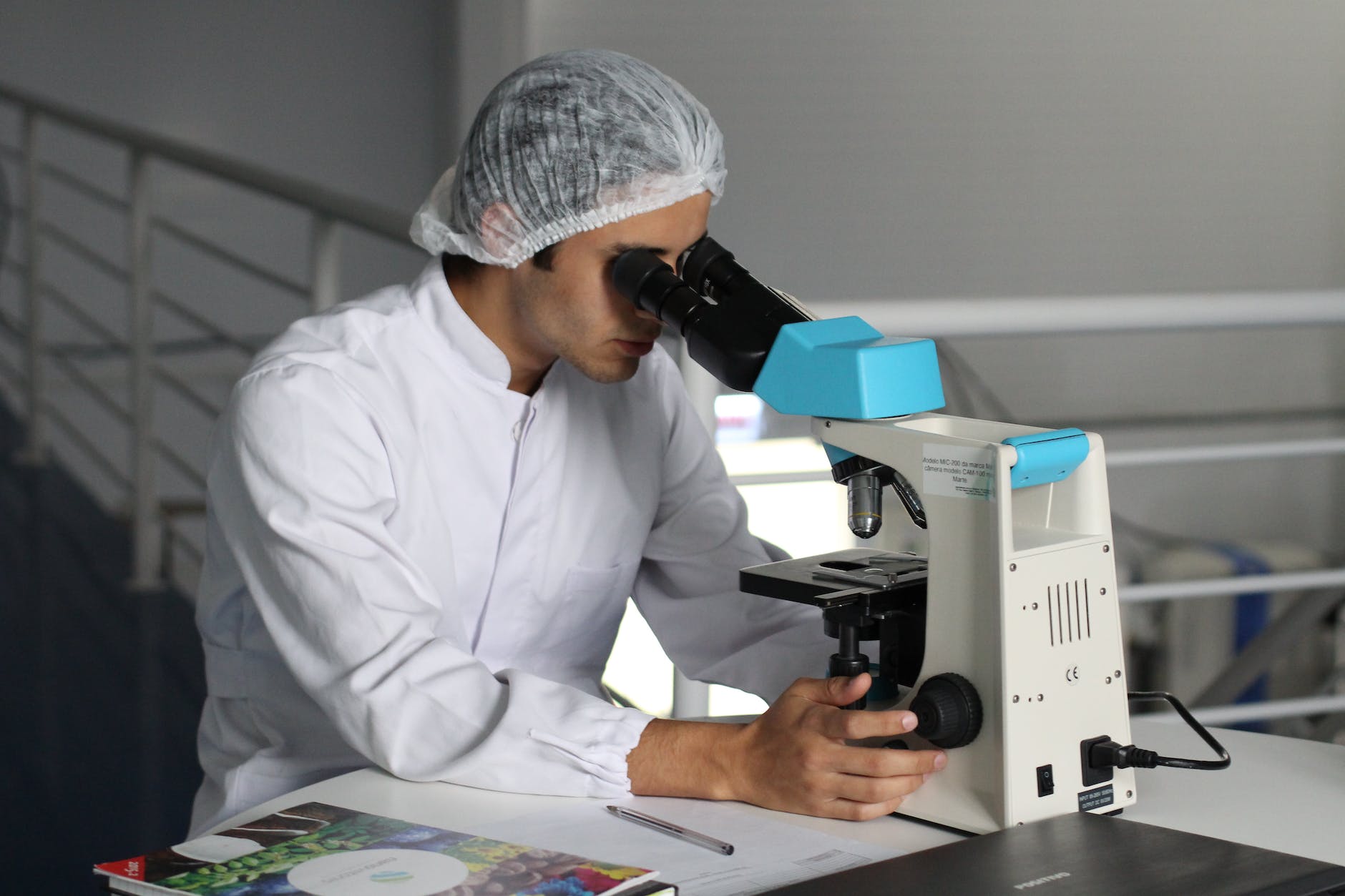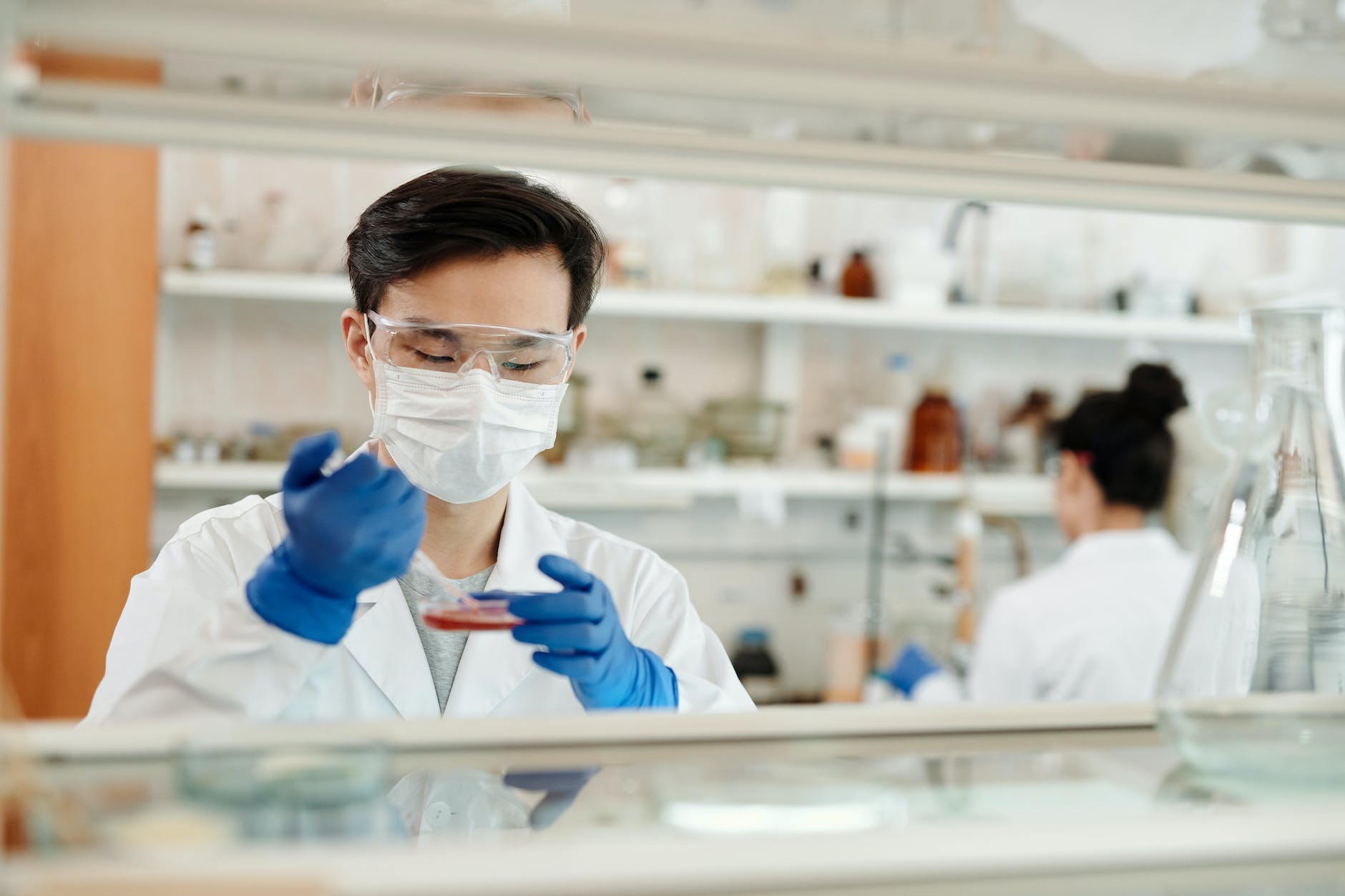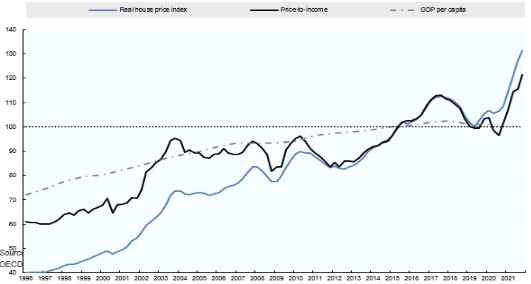
There are two seriously debilitating conditions looming large over the Australian population, as they approach later middle age. Diabetes and Alzheimer’s disease are becoming increasingly common within our western communities around the globe. Their impact upon quality of life are considerable and in Alzheimer’s case decidedly fatal. Alzheimer’s is the most prevalent form of dementia in human beings. (Vogt, 2017) Medical science continues to look for answers and cures for both these all too common diseases. Diabetes and Alzheimer’s effected by gut microbiome: New research is shining a light from an altogether new angle. (Haridy, 2021) This new, bottom up, perspective is providing valuable information and possibly new therapeutic approaches to these scourges of the twenty first century.

The Metabolic Process & Gut Bacteria
A simple outline of how this works involves the metabolic process of our gut bacteria consuming the food we eat and producing metabolites which biologically affect a whole host of activities within us. Our blood sugar levels, and the synthesis of neurotransmitters are all impacted by these metabolites. This means our energy levels and moods are directly affected. How we feel is essentially dependent upon what we eat and how exactly our gut microbiome metabolise what we eat. How we function has a huge influence on what we think about and how we think about things. Our microbiome performs essential functions for our health, these include the biosynthesis of vitamins, the protection from pathogen overgrowth, educating our immune system, and energy extraction. Our microbiome is a complex ecosystem involved in many of the essential functions we require to remain alive and healthy.
A Few Facts About Diabetes
According to Diabetes Australia, 280 Australians develop diabetes every day. 1.8 million Australians have diabetes. Diabetes is the number one cause of preventable blindness in this country. Diabetes is one of the leading causes of limb amputation. Those with diabetes are up to 4 times more likely to develop heart disease and this is the top killer for those with type 2 diabetes. Diabetes and kidney disease are closely linked with around 360, 000 diabetics having both conditions. Diabetes is the fastest growing chronic disease in this nation.
What is Diabetes?
“Type 2 diabetes is often a progressive condition in which the body becomes resistant to the normal effects of insulin and/or gradually loses the capacity to produce enough insulin in the pancreas.” (Diabetes Australia, 2021) The human body becomes impaired in the way in which it utilises sugar/glucose as a fuel. Ultimately the condition means that there is too much sugar circulating within our blood. These high blood sugar levels produce disorder within the circulatory, immune, and nervous systems. Insulin is the hormone responsible for regulating the flow of sugars into your cells. There is no known definitive cause for type 2 diabetes and no cure. (Mayo Clinic, 2021)

Some of the symptoms experienced by sufferers include excessive thirst, frequent urination, lethargy, constant hunger, itching, blurred vision, weight gain, and cuts healing slowly. However, many people with type 2 diabetes present with no symptoms. Those over 45 years of age, those overweight, those with high blood pressure, and those with a family history of the condition are all more at risk of developing type 2 diabetes. In the early stages healthy eating and regular physical exercise can manage the condition. Eventually you may require medication and/or insulin therapy to treat this progressive disorder.
We live in wealthy nations predominantly and face particular health problems upon this basis. Generally, we consume diets full of too much sugar, fat, and carbohydrates. We eat too much period. We lead increasingly sedentary lifestyles. Siting on our behinds for long periods in front of screens. We move from couch to work desk via car seat – all in air conditioned comfort. Many of us hardly ever raise a sweat or our heart rate. We are conditioned to thinking that this is clever behaviour and that we have outsmarted life with our labour saving machines and devices. Ultimately this lifestyle is killing us, and nature will have the last laugh at our expense. Of course, it is never too late to reverse this trend and take responsibility for your own health. Diabetes is not a foregone conclusion if you realise the potential dangers and take affirmative action immediately.
What Can We Do?
Philosophically, we have been conditioned to think that our minds have been largely influenced by things like religious thought and more recently scientific learning. Humanity has been decidedly tardy in the realisation that what we eat plays a major role in how our brains function and, therefore, how we think. The revelation that our gut microbiome is inextricably linked to our cognitive functioning is a huge turnaround in our cultural understanding of how we, as human beings, operate within the larger framework of life on earth. It is not an exaggeration to say that we have been lost inside the ephemeral thoughts of our own minds since the time of Plato. We have endowered intangible thinking with so much gravitas that we have created gods out of mere shadows lurking within our minds. However, new scientific research is providing a bottom up view of the human condition, which places us firmly within the morass of cellular life existing here on planet earth. We need to feed our microbiome with plenty of fibre and a diverse range of foods. Eat more fruit and vegetables. Eat less sugar and processed foods. Exercise regularly and get off your behind more to meet the requirements of your day. Drink plenty of pure water. Get plenty of sleep, away from electromagnetic devices. Diabetes and Alzheimer’s affected by gut microbiome according to the new evidence.

We Have Coevolved With the Microbiota
We are not alone, as so many star gazing UFO seekers among us frequently bemoan. Within us and all around us exist trillions of microbes going about their essential business. (Allen, 2017) In fact, without their help we would not be able to function in the manner that we do. Our growing awareness of our gut microbiome is shining a light on the symbiotic relationship we share with these microbes. We have coevolved with the microbiota over billions of years. The gut brain axis is not a new thing, but we have only just discovered it. We spend far too much time looking up and out and have neglected looking down and within for answers about life and its meaning. Often, it is only when one of us gets sick do we bother with any real examination of our biological state of being. We would far rather ponder on the existence of supernatural entities, miracles, and aliens. However, when the shit hits the fan and we are faced with our own mortality, we rapidly become interested in our own biological reality. I use that rude word advisedly because faeces is an important factor when attempting to understand the microbiome and its place in our health. Having a healthy awareness of our waste products is an important step toward regaining the driver’s seat in terms of taking responsibility for your own health. Prior to the last century of modern medicine, previous generations regularly checked the smell and state of their urine and faeces for all sorts of indications regarding their health and wellbeing. All animals within the animal kingdom do likewise for a plethora of reasons pertaining to their lives. Modern plumbing, another century long fact, allows humans to quickly flush unsightly waste away. The downside of this has been losing contact with valuable data pertaining to the state of our health. We, as human beings, have outsourced responsibility for our own health to medical specialists. In many instances this has provided positive progress toward better health outcomes for a variety of illnesses. However, in terms of chronic health issues, which don’t respond to the current pharmacology, it has denuded and disempowered those suffering from these disorders. Generations of us have grown up with limited or no understanding of our basic health and biological functioning.
New Research into Microbial Predictors
A recent study published in 2021 has revealed microbial predictors in the prediabetic state. The identification of novel microbial markers can improve the accuracy of modelling type 2 diabetes via glycosylated haemoglobin and insulin measures. (Aasmets, 2021) The study involved machine learning algorithms for modelling data. This study is one of the first to use gut microbiome changes as a predictive tool for the likely onset of type 2 diabetes. Previously research focused on the link between microbiome and the disease in those who had already developed the condition. This research is part of the future direction for medical science in the early detection of disease in human beings. Diabetes and Alzheimer’s affected by gut microbiome.

Alzheimer’s & the Microbiome
Diabetes and Alzheimer’s affected by gut microbiome. The new research around gut microbiome is pointing toward a reversal of these trends with the onus being on ordinary people rediscovering their role in their own biological awareness. Each person has a unique microbiome and, therefore, it is likely each individual will require treatments upon this basis. Medical science is only at the very earliest of understanding levels regarding the bi-directional communication between gut and brain. Animal studies have shown the connection between gut microbiome changes and cognitive alterations. One study in particular focused on mice, two groups featuring, one with genes associated with Alzheimer’s disease and the other a healthy one without those genes. Both were fed exactly the same diet for six months under similar conditions. The researchers observed notable cognitive and behavioural differences between the groups. Their microbiome compositions also featured distinct differences. Epigenetic changes in the brain, in the hippocampus in particular, were revealed in the mice with Alzheimer’s. Causal directionality is not clear but the alterations in gut microbiome are there to see. “Epigenetic mechanisms occurring in the brain as well as alterations in the gut microbiome composition might contribute to Alzheimer’s disease.”(Kundu. P, 2021)

It is important to remember how little is currently understood about the underlying mechanisms of Alzheimer’s disease. There are no cures or preventative treatments currently available for Alzheimer’s disease. Diabetes and Alzheimer’s affected by gut microbiome. The gut microbiome is clearly a useful predictive marker for the onset of conditions like Alzheimer’s and type 2 diabetes. It may also offer hope for new treatments in the coming years. We are on the precipice of far greater understanding about our biological reality. However, our own biology is proving to be the most complex study ever undertaken by human beings. There are so many pieces in the puzzle when you delve beneath the skin and down deep into the microcosm of our biology. DNA, RNA, genes, chromosomes, cells, proteins, sugars, membranes, nuclei, ribosomes, mitochondria, lipids, fatty acids, carbohydrates, viruses, bacteria, hormones, amino acids, and fungi to name a few pieces in this increasingly complex jigsaw puzzle. The direction that scientific research is taking down into the ancient true magisterium, our microbiome, will provide more helpful answers than ever before. We are finally headed in the right direction for real enlightenment.
©Midas Word
Robert Sudha Hamilton is a natural health writer, historian, and chef. His published titles include: House Therapy: Discover Who You Really Are At Home; Healing Our Wellbeing; and Sacred Chef.
REFERENCES
6 things to know about diabetes and dietary supplements. National Center for Complementary and Integrative Health. https://www.nccih.nih.gov/health/tips/things-to-know-about-type-diabetes-and-dietary-supplements. Visited 23 July 2021.
Allen. A, A psychology of the human brain–gut–microbiome axis, First published: 18 April 2017.
AskMayoExpert. Type 2 diabetes. Mayo Clinic; 2018. Visited 24 July 2021.
Aasmets. O, Machine Learning Reveals Time-Varying Microbial Predictors with Complex Effects on Glucose Regulation, https://doi.org/10.1128/mSystems.01191-20 •
Diabetes Australia, Type 2 Diabetes, https://www.diabetesaustralia.com.au/about-diabetes/type-2-diabetes/, Visited 21 July 2021.
Haridy. R, New studies explore how gut microbiome affects Alzheimer’s and diabetes, New Atlas, March 01, 2021.
Kundu, P., Torres, E.R.S., Stagaman, K. et al. Integrated analysis of behavioral, epigenetic, and gut microbiome analyses in AppNL-G-F, AppNL-F, and wild type mice. Sci Rep 11, 4678 (2021). https://doi.org/10.1038/s41598-021-83851-4
Lavars. N, Study offers “indisputable” link between Alzheimer’s and gut microbiome, New Atlas, Nov 15, 2020.
Professional Practice Committee: Standards of Medical Care in Diabetes — 2020. Diabetes Care. 2020; doi:10.2337/dc20-Sppc.
Vogt, N.M., Kerby, R.L., Dill-McFarland, K.A. et al. Gut microbiome alterations in Alzheimer’s disease. Sci Rep 7, 13537 (2017). https://doi.org/10.1038/s41598-017-13601-y

















